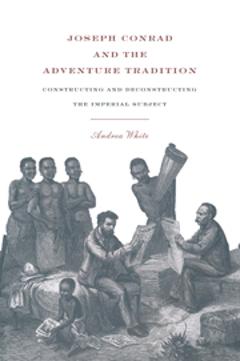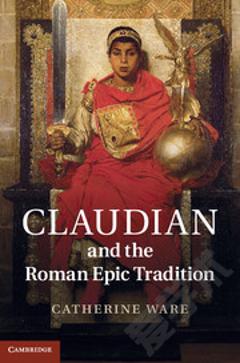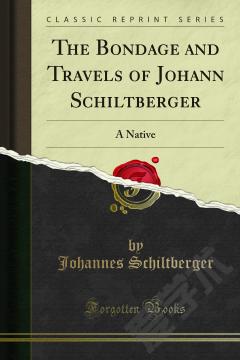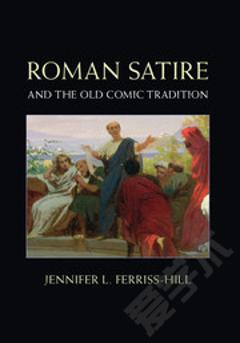Joseph Conrad and the Adventure Tradition
Nineteenth-century adventure fiction relating to the British empire usually served to promote, celebrate and justify the imperial project, asserting the essential and privileging difference between 'us' and 'them', colonizing and colonized. Andrea White's study opens with an examination of popular exploration literature in relation to later adventure stories, showing how a shared view of the white man in the tropics authorized the European intrusion into other lands. She then sets the fiction of Joseph Conrad in this context, showing how Conrad in fact demythologized and disrupted the imperial subject constructed in earlier writing, by simultaneously - with the modernist's double vision - admiring man's capacity to dream but applauding the desire to condemn many of its consequences. She argues that the very complexity of Conrad's work provided an alternative, and more critical, means of evaluating the experience of empire.
{{comment.content}}








 京公网安备 11010802027623号
京公网安备 11010802027623号